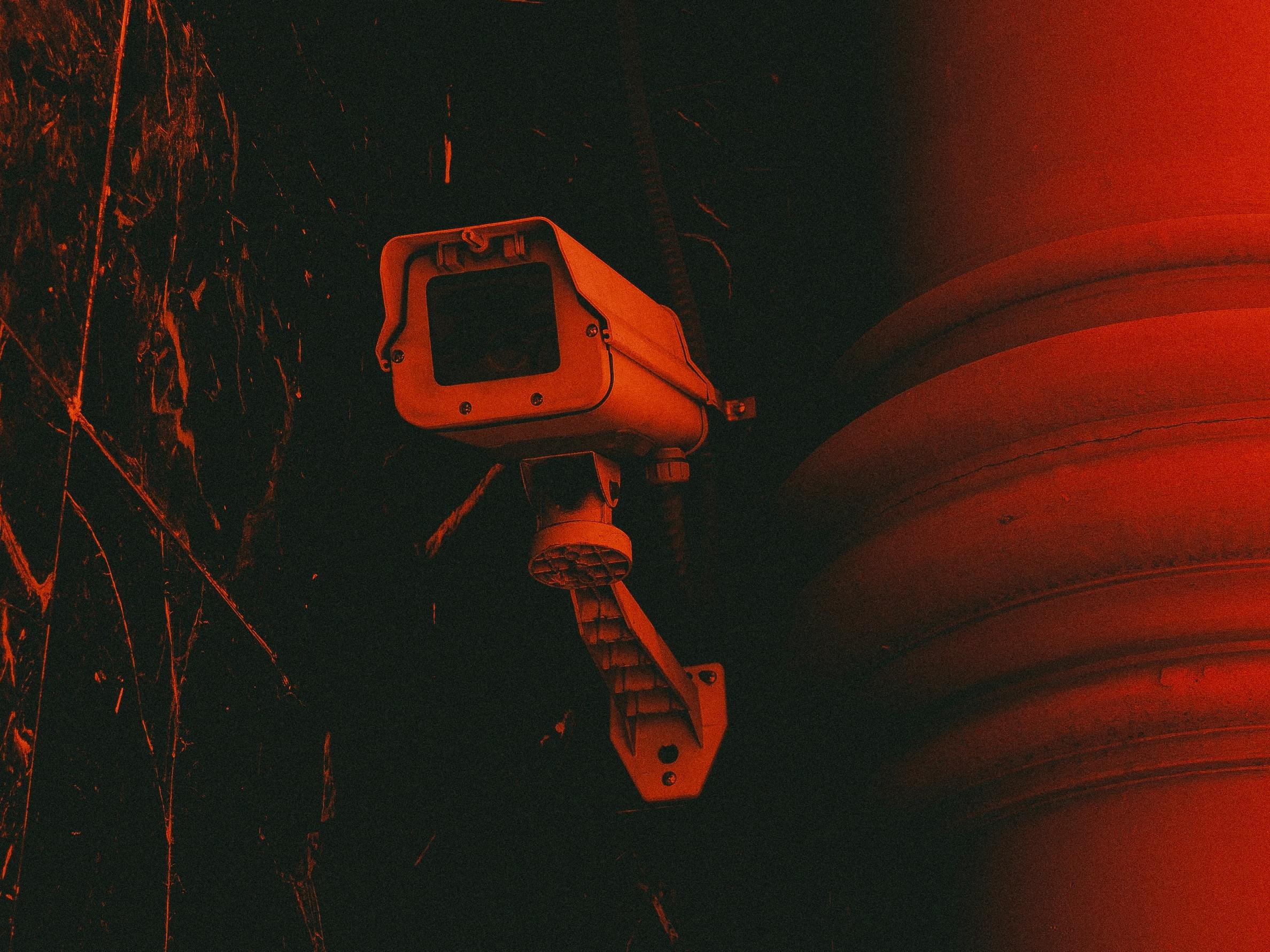
Brian Sims
Editor

Brian Sims
Editor
FRASER SAMPSON, the current Biometrics Commissioner and Surveillance Camera Commissioner, has delivered what’s described as “a forensic dissection” of the Government’s plan to absorb oversight of key policing powers into the Information Commissioner’s Office. Sampson’s views are outlined in his formal response to a Department for Digital, Culture, Media and Sport (DCMS) consultation process entitled: ‘Data: A New Direction’.

Professor Sampson, who was appointed Biometrics and Surveillance Camera Commissioner for two years in February 2021, said of the DCMS consultation: “I have now received a categorical assurance from Government ministers that the purpose of this consultation is to enable the proper formulation of as yet undecided policy in light of informed responses. I take them at their word. Meaningful consultation in this area is vital.”
Sampson continued: “There can be no doubt that technologies using surveillance and biometric data are progressing at a rapid pace. Clearly, the use of such technologies can be intrusive to privacy and raises other Human Rights considerations. However, when used ethically and accountably, technology can also provide significant opportunities for law enforcement agencies to improve the prevention and investigation of serious crime and the prosecution of some very dangerous individuals, helping to safeguard other fundamental rights such as the right to life and freedom from degrading or inhumane treatment.”
According to Sampson, finding the right balance between the privacy concerns and entitlements of the individual, while harnessing new technology ethically, accountably and proportionately, is proving to be “a significant challenge” for policing today. “Tomorrow’s technology will make it even more so.”
Very different functions
“The functions of these two important roles are very different,” asserted Sampson. “The Biometrics Commissioner role is quasi-judicial and covers police retention and use of DNA and fingerprints, while the Surveillance Camera Commissioner role is more strategic in providing oversight of the surveillance of public space by the police and local authorities. Both functions are about much more than upholding data rights.”
Further, Sampson noted: “Proposing their absorption by the Information Commissioner’s Office is to misunderstand the specific nature and importance of both. If absorption is to be the answer, there are more compelling destinations for the functions. Transferring the functions elsewhere may bring simplification, but the price to pay may be an unwelcome dilution of focus, function and, most of all, independence.”
In conclusion, Sampson observed: “A quarter of the way into my term of office, we now have a once-in-this-generation opportunity to reform the police use of biometrics and surveillance, build public trust and provide assurance of ethical practice and leadership. I’m working closely with the Home Office to explore the relevant issues, benefits and risks. I will do whatever I can to ensure this important area of public accountability emerges stronger and clearer for us all.”
*Read Fraser Sampson’s complete formal response to the DCMS consultation
Dorset House
64 High Street
East Grinstead
RH19 3DE
UNITED KINGDOM
01342 31 4300